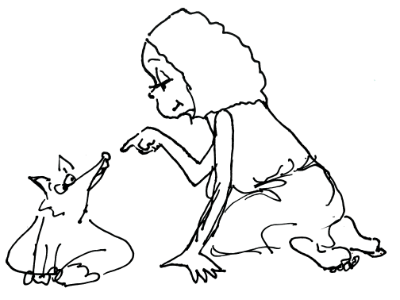Tribune on the referendum for independence in New Caledonia. I am not politicized. If I were, I would call myself a centrist. Not an undecided centrist between right and left. Vigorously adept of living together, of the pre-eminence of the collective over our individual desires. Extreme centrist in this rejection of the caricatural egotisms brandished by the radical wings on the right and the left. Yes, even on the left it is egotism and not communism. What can be ‘common’ in a programme that does not take into account half of the population?
The reading of Mathias Chauchat’s op-ed on the 3rd referendum, in Le Monde (24/11/21), triggers an immediate allergy in a centrist. Not because of the arguments chosen. Most are admissible: regret of kanak non-participation, Kanak mourning not respected. True. But the counter-arguments are concealed or discredited. Economic setbacks are a more serious reality than the Kanak mourning year. Are the honors due to the dead take precedence over the destitution that awaits the living? Do we want to create more deaths by letting the health system collapse? Will postponing the last referendum magically extinguish the Manichean Caledonian conflict? When this consultation is already a burning potato bequeathed by the previous generation?
Like others, Chauchat’s distressing tribune deepens a little more the cleavage between separatists and loyalists. Because the referendum has no other effect, no other reason. Note that there are still 2 New Caledonian populations that are difficult to reconcile. Tear the recent scarring, still fragile. Give a voice to extremists on both sides, whose effervescence Chauchat maintains. Indulgence or absolutism of age? He managed to recruit other committed intellectuals but among them no sharp mind, no fine connoisseur of the territory, no mutualist of local expectations. In New Caledonia, the left seems to have become completely left.
What can the Caledonian collective say about this question of independence?
First, itis a desire, not logic or management. Some have this desire, others the opposite desire. A majority shows very little emotion, except when given the binary choice yes/no. It creates claws in people who ordinarily do not have one. The little corporals are feverish; the wise are desolate.
Pragmatists agree on the obvious: independence is not a good management decision. What does the Caledonian collective recover? Justice, police, defence, currency and foreign affairs. Expensive skills that require great independence of mind. The territory has neither the means nor the experts. The sensitivities of the population are already taken into account. Two-speed justice, European and customary. Franchising is hard to find in local elites, as Chauchat, a lawyer, has just confirmed. The change of status will displace some wealth among decision-makers. It is a guarantee of impoverishment for the collective. The separatists are aware of this and are looking for ways to mitigate the consequences.
And desire, what is it that founds it? Several reasons: recover wealth, reduce gaps. Whites as well as disadvantaged Kanaks find themselves in this good reason. But we have seen it: a disappointment awaits them. If wealth changes hands, it will not go into theirs. On the contrary, they will lose free quality services, education and health.
Recovering dignity: reason invoked by the old Kanak generation, the one who grew up in an atmosphere close to apartheid. Certainly the populations were not physically separated. No apparent ostracism. But everyone in their place. Suffocating conservatism. Two cultures occupying the same territory with different means. Everyone’s fate was predictable, for the most part, at birth.
It is no longer so. Today every young Caledonian can take his destiny into his own hands, if he agrees to leave the protective kindergarten that is still New Caledonia in the international jungle. To recover dignity, for a kanak, is to solve an old neurosis of youth. I say this as a doctor and without malice. Dignity is being treated like any other human. This is the case in doctors’ offices. The importance of each individual is equivalent. To do better would be positive discrimination. “I am entitled to more importance because I am Kanak”? Could it be a return of dignity? I don’t think so. Rather the last sequel of colonial paternalism.
*
